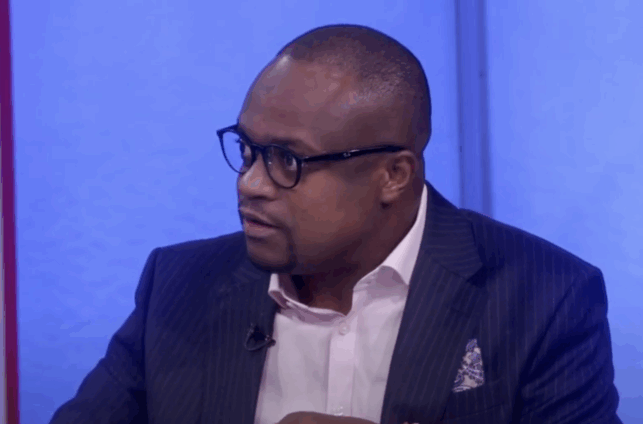President John Mahama’s decision to cancel fuel allowances for all political appointees could save the country more than GH¢121 million over the next four years, according to Dr Sharif Mahmud Khalid, Economic Policy Advisor to the Vice President.
Speaking on JoyNews’ PM Express, Dr. Khalid said the savings are based on a conservative estimate using fuel consumption data and the current cost of petrol at the pumps.
“Ballpark, this is what I did in the studio using GOIL’s figures,” Dr. Khalid explained.
“I looked at 4×4, salon vehicles, and cross-country. So let’s say 500 of saloon cars, 500 of 4x4s… probably 50 litres of fuel for saloon vehicles a week per government appointee.”
According to him, even though the government’s vehicle fleet may exceed 1,000, the calculations were based on just 1,000 cars to present a modest but realistic picture.
“If you crunch the numbers a bit… on average, the government will be saving probably about a total of GH¢2.5 million plus a month and GH¢30 million plus a year,” he stated.
He added that, “In four years, we’re probably talking the government saving GH¢121 plus million in four years.”
Dr. Khalid made it clear he was not announcing what the government would do with the money, but offered examples of what such an amount could achieve in social infrastructure.
“A maternity block for a hospital or clinic costs probably about GH¢1.5 million… we could probably get an average of 81 of them out of the savings.”
He also noted that with the same amount, government could potentially build “303 CHPS compounds” or “121 six-unit classroom blocks” if each were to cost GH¢1 million.
“These were things I think we could do before we actually want to say whether it’s a PR gimmick or not,” he noted, defending the policy against critics.
Dr. Khalid said the point was to show the holistic picture of the potential gains from the policy.
“I’m not saying this is what the government is doing. I’m just trying to give the holistic picture of what expectations we could have, and the savings we could make if we actually adhere to this policy.”
Source: Abubakar Ibrahim
ALSO READ:



